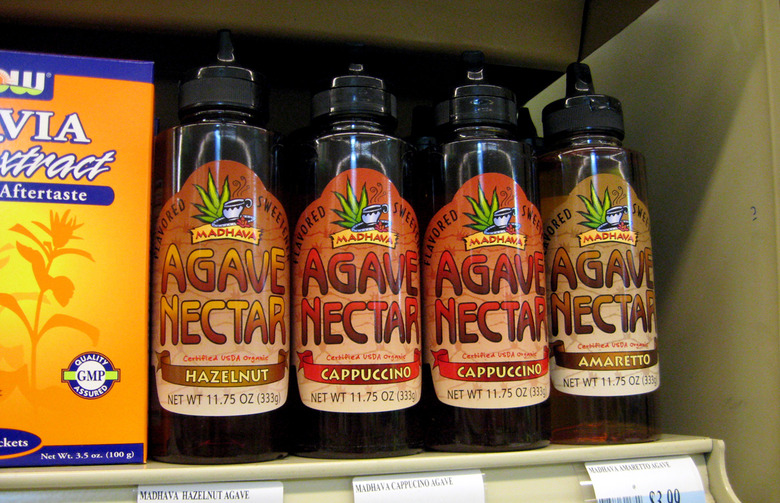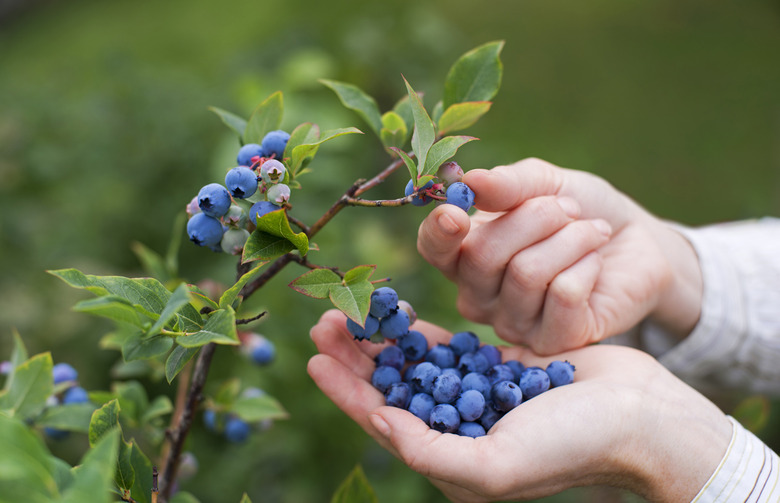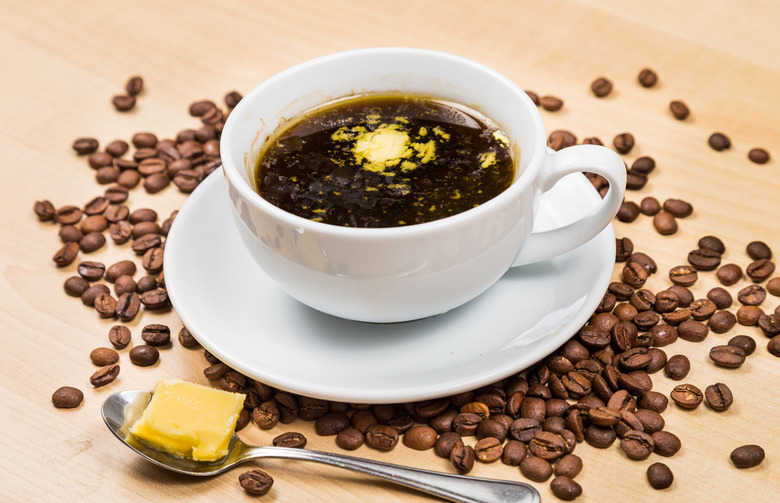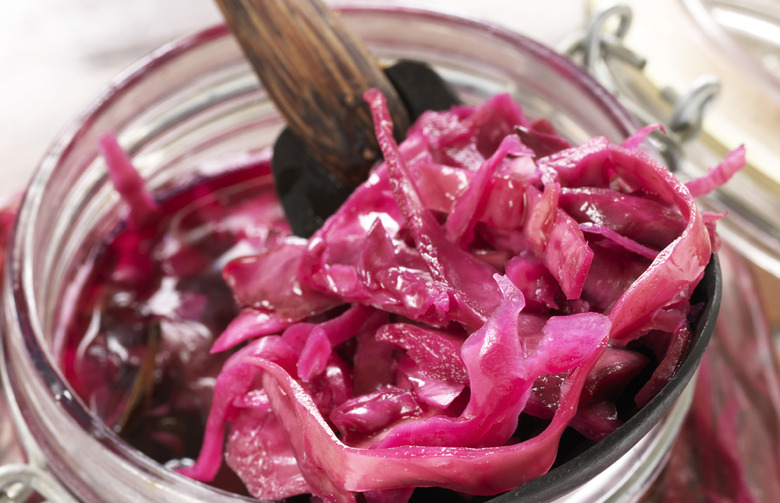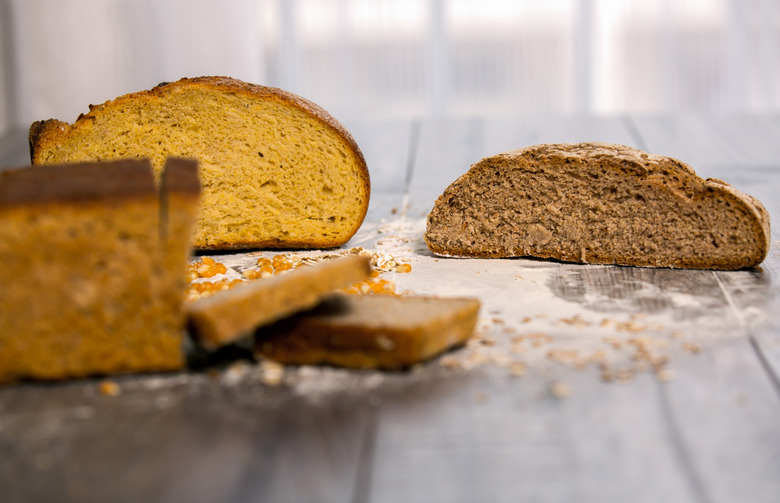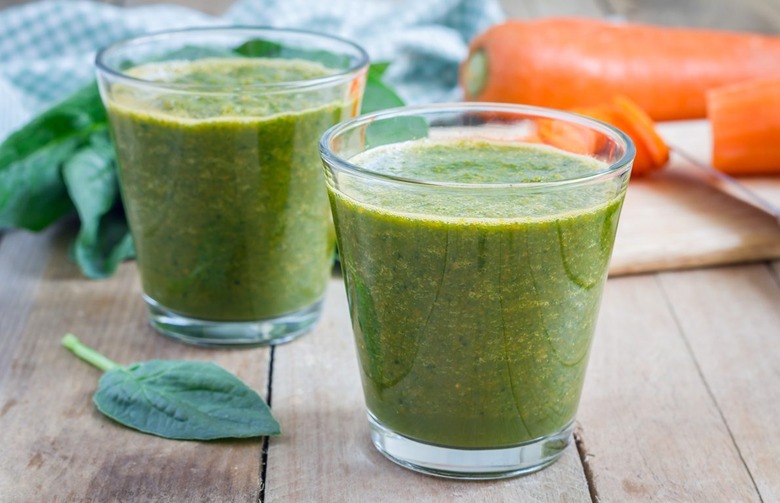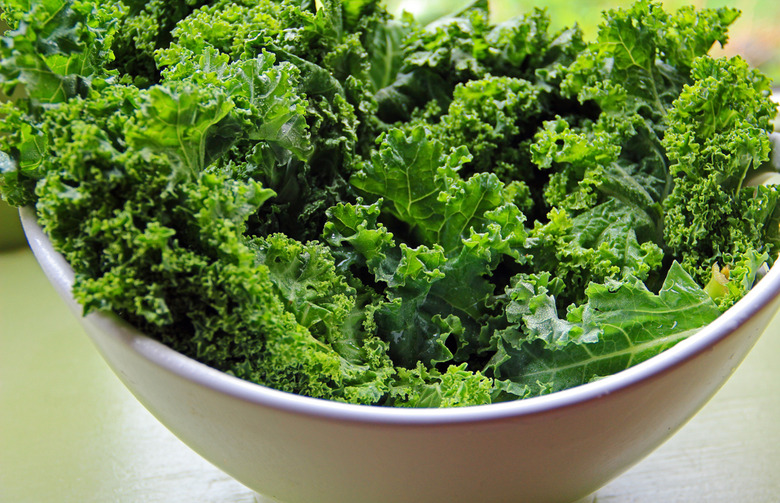9 So-Called Superfoods And Drinks That Aren't As Super As You Think
The Daily Meal spoke with a panel of nutrition experts, many of whom tirelessly debunk myths about perfect, nutrient-packed foods. We came up with a list of nine superfoods that are not as super as you think: Either the common claims behind them are exaggerated, as with blueberries, or there's simply very little truth to their health benefits at all.
Açaí
Açaí berries are one of the most commonly cited superfoods out there. Unsweetened açaí is full of antioxidants, but açaí bowls are "basically glorified non-dairy fro-yo cups with toppings," says certified holistic health coach Annie Lawless. "Many shops don't use unsweetened açaí, and the toppings can be a nightmare, because plain açaí just doesn't taste that great. One bowl can pack more calories than a Big Mac."
Agave Nectar
Agave nectar, which comes from the same plant that yields tequila, is often touted as the healthier, more holistic alternative to sugar. But in this case, it couldn't be further from the truth. "Agave is comprised of more fructose than any other sweetener (70 to 98 percent), while high-fructose corn syrup is about 55 percent," says Annie Lawless. "Fructose is broken down and directly converted to belly fat."
Blueberries
Blueberries are often thought of as antioxidant-rich powerhouses, and that may be true to a certain extent, but according to Goodness Direct nutritionist Naomi Haynes, other more affordable berries like strawberries and black currants actually contain more antioxidants.
Bulletproof Coffee
Often touted by the paleo community, bulletproof coffee (that is, coffee blended with butter and "octane oil" — a medium-chain triglyceride derivative) is said to trigger weight loss and give you an energy boost. But according to dietitian Joe Leech at DietvsDisease.org, that claim doesn't hold much truth at all. "Dumping butter in your coffee is ridiculous," he says. "Butter is not healthy. And even if adding butter to your coffee does help you fast through the day, you have effectively reduced the total nutrient content of your diet."
Chia Seeds
Chia seeds have a ton of fiber, antioxidants, and omega-3 fatty acids. They're often cited as a source of energy, weight management, hydration, strengthened immunity, and overall health and wellness. But eating too many chia seeds, says nutritionist Naomi Haynes, can lead to gastrointestinal problems and gut irritation, so be careful!
Fermented Food
No, we're not talking about beer (although wouldn't it be great if beer were a superfood?). Fermented foods like fish, cultured vegetables, and even certain tangy condiments are often touted as "potent gut detoxifiers." As always, be careful when you hear the word "detox" being thrown around. Dr. Barry Sears, a bestselling researcher and biochemist, says that you would have to eat a large amount of fermented food for it to have any effect.
Gluten-free bread
Gluten-free everything has been so ingrained into our society that gluten is often seen as the villain. So anything gluten-free must be healthy, right? Not necessarily. Gluten-free bread tends to be rich in starch to make up for the lack in gluten, says Dr. Barry Sears. The result of habitual consumption of gluten-free products is that the starch rapidly breaks down to glucose, increases insulin levels, and eventually makes you gain weight.
Green Juice
Another favorite among the health-conscious group is green juice. Often comprised of ground-up apples, kale, and other fruits and vegetables, it's the unofficial mascot of the juicing movement. But many bottled green juices can contain up to 42 grams of sugar, which can cause weight gain after long-term use, according to dietitian Amanda Hayes Morgan. So read the label before you buy!
Kale
Kale is perhaps considered the king of superfoods, and has become the posterchild of the new age healthy revolution. But even though it's packed with fiber and potassium, other leafy vegetables like spinach, chard, and watercress are actually healthier. "It's important to enjoy kale in moderation because of its high oxalic acid content," says Amanda Hayes Morgan. "Oxalates have the ability to bind with calcium, which can lead to muscle weakness and kidney stones."


